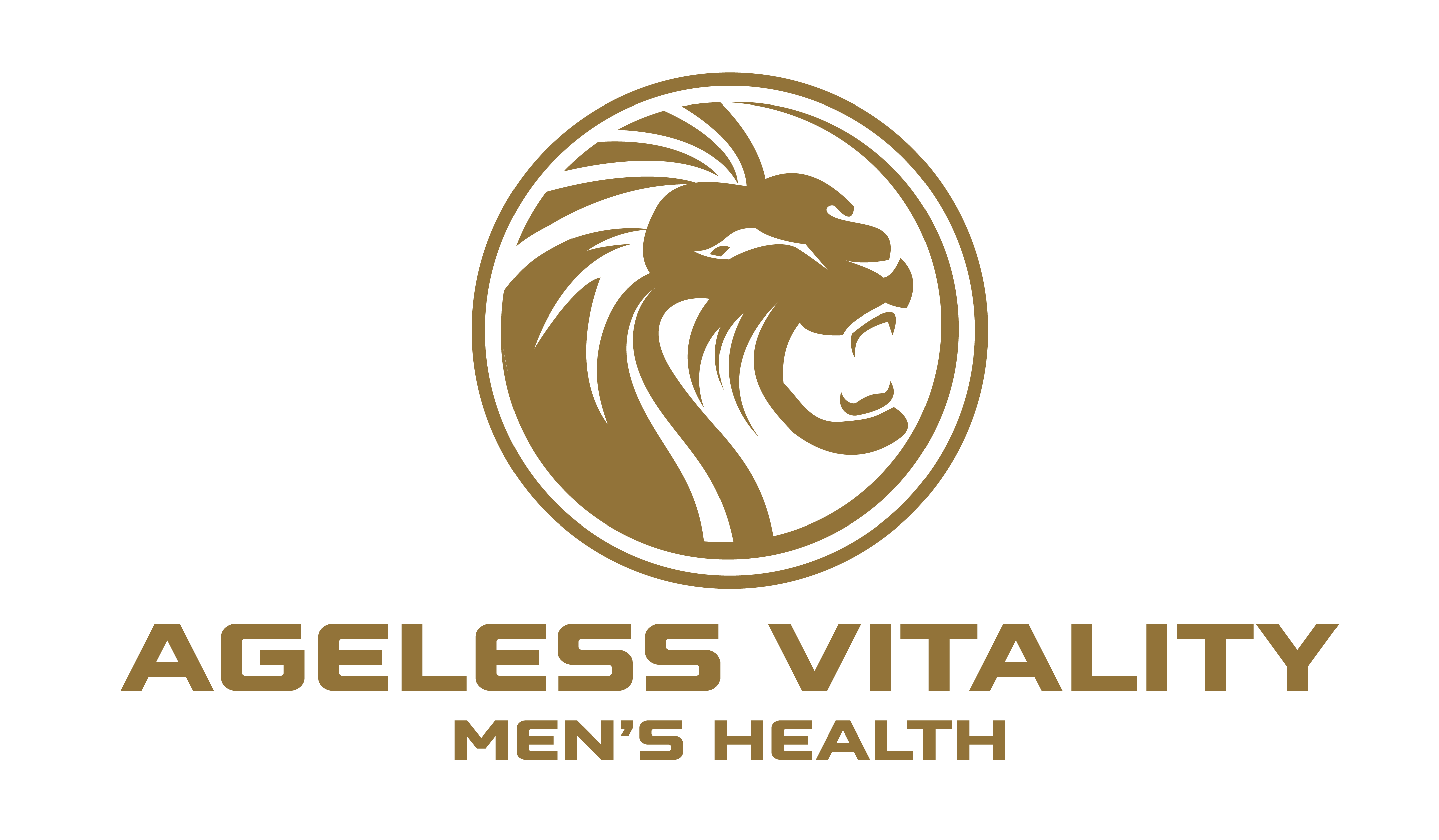Testosterone is a crucial hormone for men, impacting muscle mass, energy levels, libido, and overall well-being. While testosterone levels naturally decline with age, adopting a healthy lifestyle can significantly influence their production and maintain optimal levels.
This blog post explores natural and healthy ways to support healthy testosterone production.Low testosterone, or hypogonadism, can lead to various health problems. While medical intervention might be necessary in some cases, many men can improve their testosterone levels through lifestyle changes. This blog post focuses on healthy, natural approaches to boost testosterone, emphasizing the importance of a holistic approach to well-being.
Several lifestyle factors influence testosterone production:
- Diet: A balanced diet plays a crucial role. Focus on whole, unprocessed foods, including lean proteins (chicken, fish, beans), healthy fats (avocado, nuts, olive oil), and complex carbohydrates (whole grains, fruits, vegetables). Limit processed foods, sugary drinks, and excessive alcohol consumption, as these can negatively impact hormone balance.
- Exercise: Regular exercise is vital. Focus on strength training, which has been shown to significantly increase testosterone levels. Include compound exercises like squats, deadlifts, bench presses, and overhead presses. Aim for at least two to three strength training sessions per week. Cardiovascular exercise is also beneficial for overall health and can indirectly support testosterone production.
- Sleep: Adequate sleep is crucial for hormone regulation. Aim for 7-9 hours of quality sleep per night. Establish a consistent sleep schedule, create a relaxing bedtime routine, and ensure your bedroom is dark, quiet, and cool. Sleep deprivation can negatively impact testosterone production.
- Stress Management: Chronic stress can significantly lower testosterone levels. Practice stress-reducing techniques such as yoga, meditation, deep breathing exercises, or spending time in nature. Engage in activities you enjoy to promote relaxation and reduce stress.
- Weight Management: Obesity is strongly linked to lower testosterone levels. Maintaining a healthy weight through a balanced diet and regular exercise can significantly improve testosterone production. Losing even a moderate amount of weight can have a positive impact.
- Vitamin D: Sufficient vitamin D levels are essential for testosterone production. Get regular sun exposure (with appropriate sun protection) or consider taking a vitamin D supplement after consulting your doctor.
- Zinc: Zinc is another crucial nutrient for testosterone production. Include zinc-rich foods in your diet, such as oysters, red meat, and nuts, or consider a zinc supplement after consulting your doctor.
- Limit Exposure to Endocrine Disruptors: Certain chemicals, known as endocrine disruptors, can interfere with hormone production. Reduce exposure to these chemicals by avoiding plastics, using natural cleaning products, and choosing organic foods whenever possible.
Conclusion
While medical intervention may be necessary for some individuals, many men can naturally improve their testosterone levels through lifestyle changes. By focusing on a balanced diet, regular exercise, adequate sleep, stress management, weight management, and ensuring sufficient vitamin D and zinc intake, you can support healthy testosterone production and improve your overall well-being.
Remember to consult with your doctor before making significant dietary changes or starting any new supplements. A holistic approach encompassing these lifestyle factors is key to maintaining healthy testosterone levels and enjoying optimal health.

